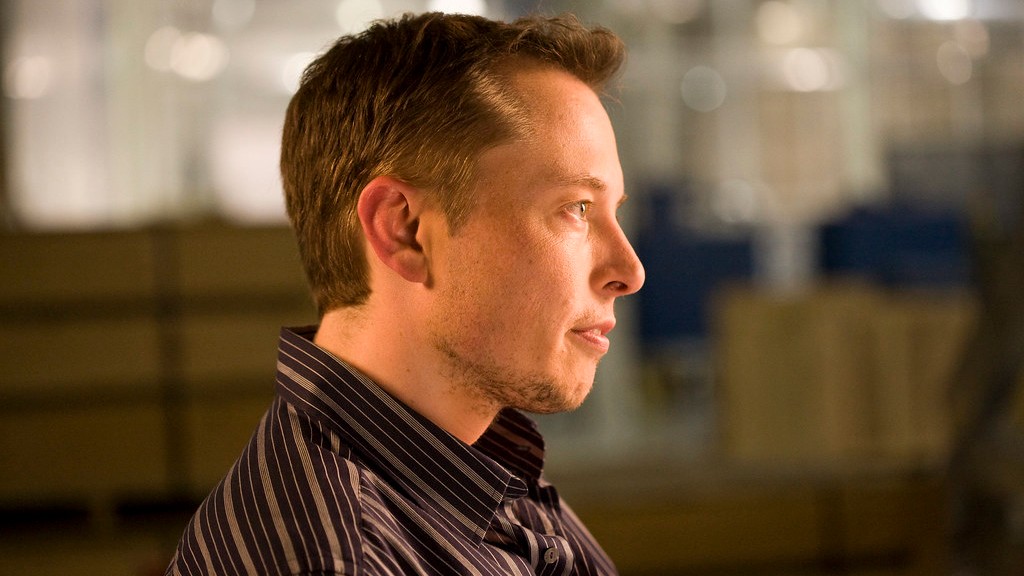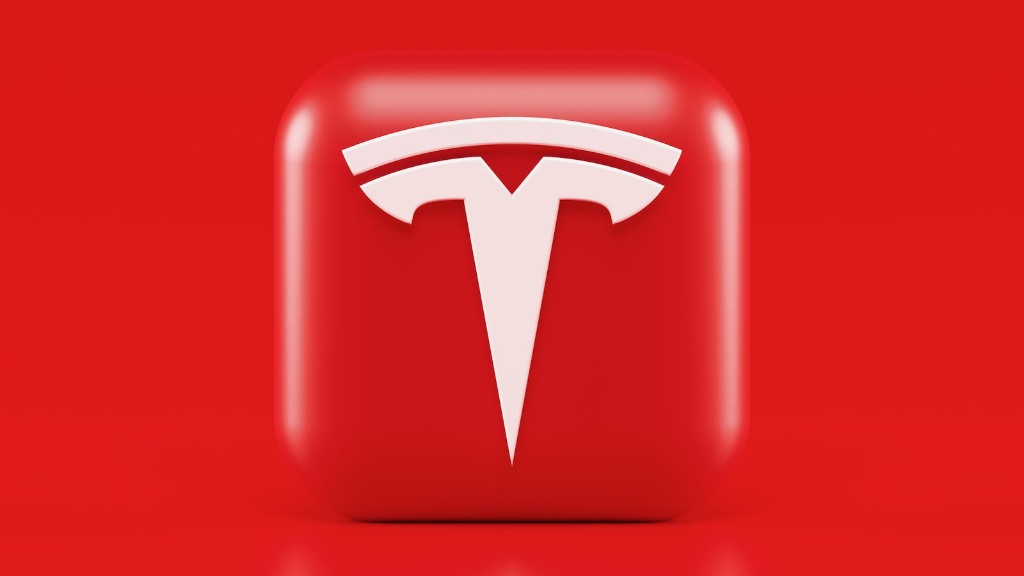Did Elon Musk Release All Tesla Patents?
In 2014, Elon Musk surprised the world when he announced that Tesla would no longer be seeking patents on their technology. Instead, he declared that Tesla would open up their patents to everyone and compete on the basis of improvement, not patents. This was a remarkable statement and one that continues to reverberate in the business world today.
Musk’s decision was in direct opposition to the century-old notion that patents are essential to innovation. But Musk believed otherwise, arguing that patents were “artificial protections for products and technology”, and that true innovation could only be achieved through the open sharing of ideas. He saw patents as shackles, holding the world back from true progress.
Despite his bold statement, Musk did not actually release all of Tesla’s patents. Instead, he donated them to the public, allowing anyone access but without relinquishing Tesla’s proprietary interest. This move opened up huge opportunities for the company and its competitors to collaborate and create new technologies, without the worry of infringing on each other’s intellectual property.
But critics of Tesla’s patent release argue that the company missed a critical opportunity to protect its intellectual property. They point out that companies like Apple and Microsoft benefit enormously from their patent portfolios, and that competing against these giants is difficult or even impossible without the same resources.
The debate over the future of patents is ongoing. Musk’s bold move is a groundbreaking example of a company “giving back” to the greater good while simultaneously protecting its own interests. While it remains to be seen whether other companies follow in Tesla’s footsteps, it is clear that patent law must begin to evolve in order to promote collaboration and creativity.
Patent Rollback Impacts
How did the rollback of patents from Tesla affect the industry? This decision had a ripple effect across the automotive industry, giving manufacturers more freedom to experiment with ideas without worrying about stepping on one another’s toes. It also opened up the door for more competition – companies could take Tesla’s designs and innovate on them, creating better products for consumers. Finally, Tesla’s technology was made accessible to researchers and innovators who may not have otherwise had access, allowing for new developments that may not have been possible prior to the release.
The knock-on effects of Musk’s decision can also be seen in other industries. In 2017, Google announced that they would be releasing millions of patents to the public, and in 2018, IBM open-sourced 500 of their patents. These decisions were heavily influenced by Musk’s move, though Google and IBM were more cautious in how they implemented their programs.
Though it is difficult to measure the exact impacts of Musk’s decision, it is clear that it has had a lasting impression on the way companies view patents. His move has been seen as a call to action for the multinational giants of business to become more mindful of their intellectual property and to share more freely with the global community for the betterment of all.
Tesla’s Own Benefits
Tesla did not release its patents for no reason – there were tangible benefits to the company in doing so. Chief among these was the ability to foster relationships with innovation-driven startups. Technology companies from all over the world now had access to Tesla’s designs, giving them the opportunity to build on the company’s expertise and create breakthrough products that could benefit both Tesla and the startup companies.
Tesla also opened up the possibility of collaboration with other automotive moguls, like Ford and General Motors. These companies, with their own massive patent portfolios, could explore the limits of their technology by working with Tesla. By sharing their ideas, both companies could benefit from the cross-pollination of ideas and the resources of one another.
Finally, the release of Tesla patents opened up the company’s products to a whole new demographic. By allowing anyone to use their technology, Tesla could reach out to customers who may not otherwise have had the opportunity to buy their cars or use their products.
Opportunities Present and Future
The possibilities are endless now that Tesla has released most of its patents to the public. Thousands of companies, both large and small, have access to the technology that fuels Tesla’s vehicles, allowing them to make advances that could benefit the entire auto industry. What’s more, these opportunities extend beyond the automotive industry, with new opportunities arising in aerospace, energy and beyond.
Given the success of Tesla’s patent rollback, it is likely that other companies will follow suit in the future. This could create a world where technology and innovation are open for all to use, allowing for a true open source economy. Of course, this is still a long ways off, but Elon Musk’s bold move has certainly brought us one step closer.
Precedents and Trade-offs
In Tesla’s patent rollback, the company traded off its immediate competitive advantage for long-term potential gains in terms of innovation and collaboration. Though the short-term impact on Tesla’s revenue may be minimal, Musk hopes that the long-term impacts will be profound as the world’s intellectual property is made accessible to all.
The same move has precedent in the software industry. In the late 1990s, Microsoft made the decision to open up their software to the public, to be used and shared freely. Though it may have cost the company in the short-term, it was a strategic decision that has had long-lasting benefits. These two examples demonstrate how profitable companies can transition from closed to open models of operation.
Finally, though Tesla’s patent release was a bold move, it does not necessarily mean that cars should become open source technology. Automotive companies still need to protect their intellectual property, and competition is still needed to spur innovation. The key is balance, and it is up to each company to find a strategy that works for them.
Continued Observations
It is clear that Elon Musk’s decision to open up Tesla’s patents was a bold choice, and one that is continuing to shape the automotive industry and beyond. Though the immediate impacts may be hard to measure, the long-term effects may prove to be much more significant. Making technology freely accessible to the world is a powerful tool, and as more companies move to open up their patents, we are entering an exciting new era of innovation.
It is unclear exactly how Tesla’s move will continue to evolve in the future, but one thing is certain – the decision to open up their patents has set an industry-wide precedent and is sure to challenge the status quo of business. Only time will tell how successful the patent rollback will ultimately be, but for now, we can only take comfort in knowing that it may lead us to a brighter future of collaboration and creativity.


